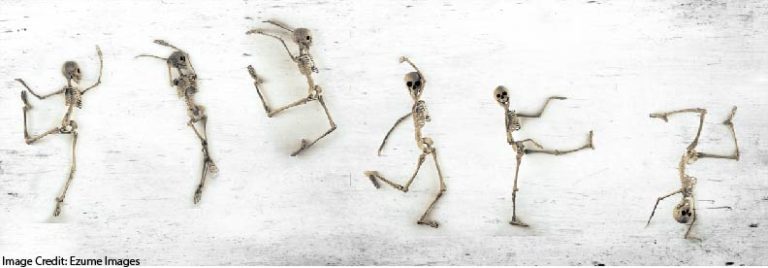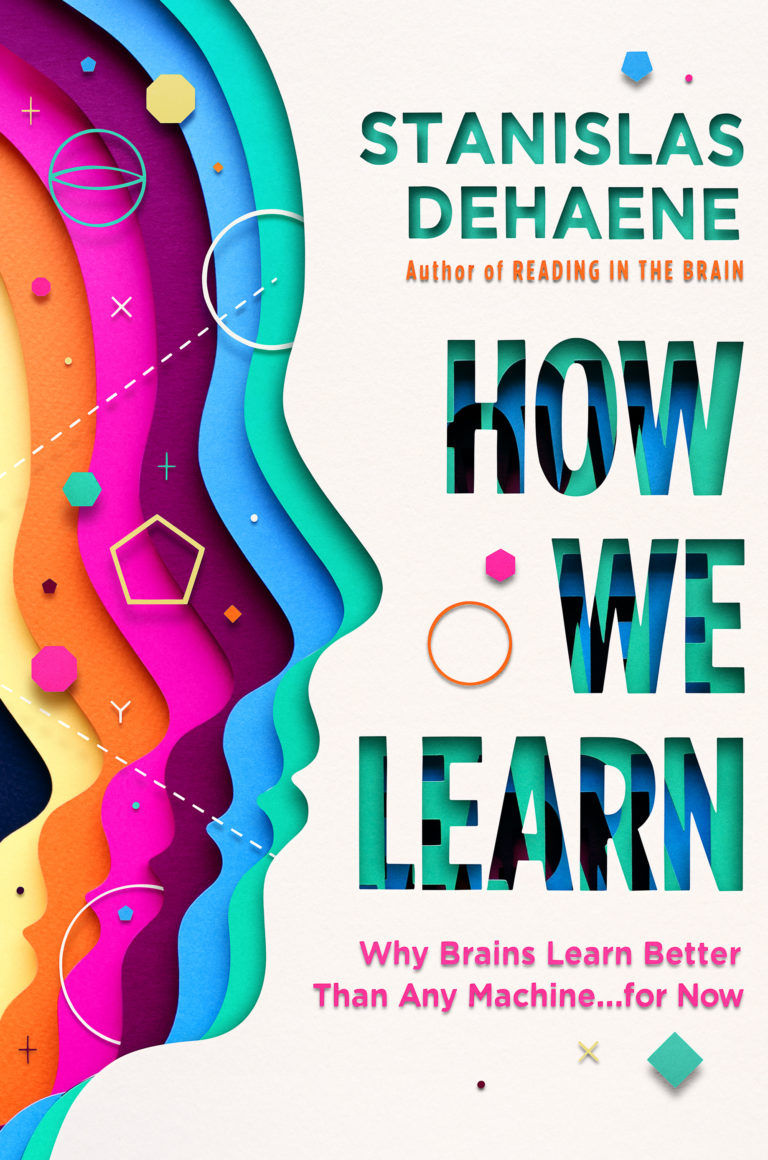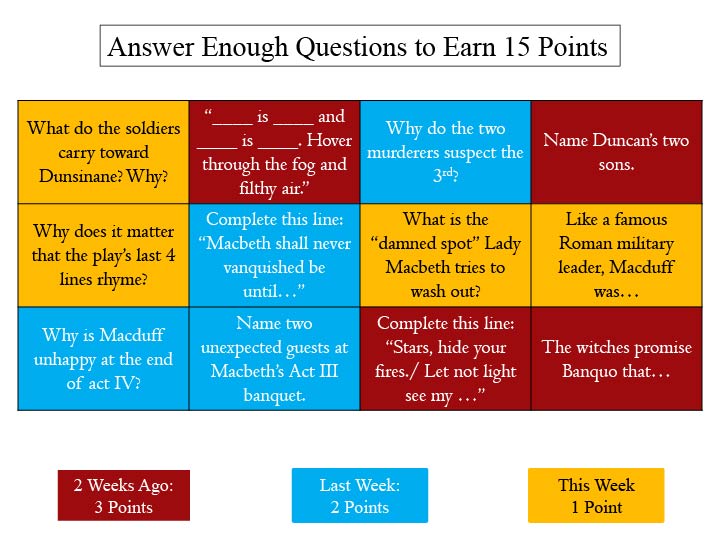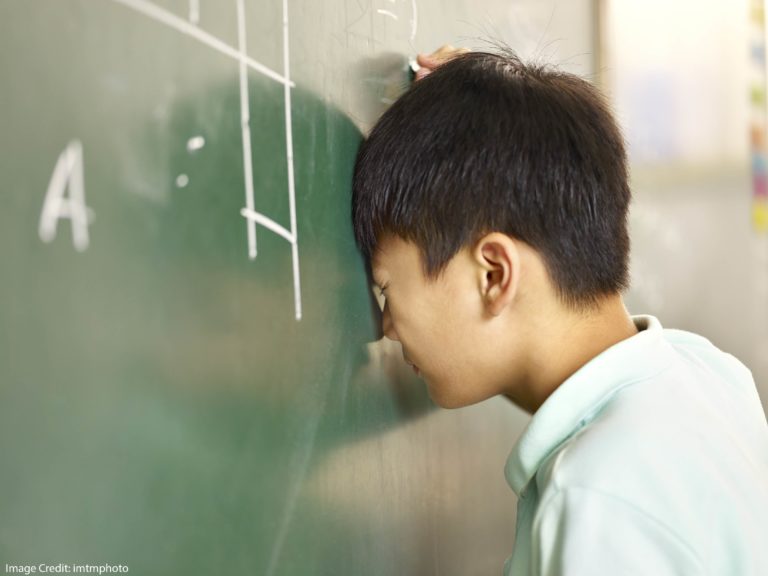-
ABOUT THE AUTHOR
Andrew Watson
Andrew began his classroom life as a high-school English teacher in 1988, and has been working in or near schools ever since. In 2008, Andrew began exploring the practical application of psychology and neuroscience in his classroom. In 2011, he earned his M. Ed. from the “Mind, Brain, Education” program at Harvard University. As President of “Translate the Brain,” Andrew now works with teachers, students, administrators, and parents to make learning easier and teaching more effective. He has presented at schools and workshops across the country; he also serves as an adviser to several organizations, including “The People’s Science.” Andrew is the author of "Learning Begins: The Science of Working Memory and Attention for the Classroom Teacher."
Tags
ADHD adolescence attention autism book review boundary conditions classroom advice conference speakers constructivism/direct instruction creativity desirable difficulty development dual coding elementary school embodied cognition emotion evolution exercise experts and novices gender high school homework intelligence long-term memory math methodology middle school mind-wandering mindfulness Mindset motivation neuromyths neuroscience online learning parents psychology reading retrieval practice self-control skepticism sleep STEM stress technology working memoryRecent Comments
- Goals, Failure, and Emotions: a Conceptual Framework |Education & Teacher Conferences on “Learning from Mistakes” vs. “Learning from Explanations”
- From Destruction to Rebuilding: Hope in Science’s Down Cycle on When Analogies Go Wrong: The Benefits of Stress?
- Dual Coding: Boosting Learning Through Words and Images – White Dragon of East County on Visual & Verbal: Welcome to “Dual Coding”
- "All People Learn the Same Way": Exploring a Debate |Education & Teacher Conferences on The Goldilocks Map by Andrew Watson
- URL on Difference Maker: Enacting Systems Theory in Biology Teaching, by Christian...
ABOUT THE BLOG

Where Should Students Study?
My teachers told me to study in the library. What does today’s research say? Continue reading

Today’s Humble Pie: 206 Bones
I was wrong. Somewhere, teachers really do write down long lists of words to be copied. Trust me: that’s not what “direct instruction means.” At all. Continue reading

Is it Better to be a “Natural” or a “Striver”?
Research with musicians suggests that — although we say we prefer hard work — our value judgments end up rewarding perceived talent. Continue reading

“How We Learn”: Wise Teaching Guidance from a Really Brainy...
How We Learn, by Stanislas Dehaene, offers a rich and fascinating look at human brains, their ways of learning, and the best ways to teach them. Continue reading

Whose Online Teaching Advice Do You Trust?
Paradoxically, the right amount of self-doubt should inspire in readers a greater sense of trust. Continue reading

I’m Curious: Does Curiosity Promote Learning?
Does curiosity promote learning? New research offers a surprising, complex, and subtle answer to that question. Continue reading

Retrieval Grids: The Good, the Bad, and the Potential Solutions
“Retrieval grids” promote retrieval practice — that’s good! But they might lead to working-memory overload — that’s really bad. Happily, we might be able to solve this problem… Continue reading

Should Students Exercise DURING Learning? A Twitter Debate Rages…
Does exercise DURING learning help students? Twitter knows the answer to the question quite confidently. Research on the topic, however, invites us to be both cautious and optimistic. Continue reading

Home News: Rememebring Bruce McEwen
I first heard Dr. Bruce McEwen talk about the neurobiology of stress in 2010. He…

An Unexpected Strategy to Manage Student Stress
We might be inclined to reassure our anxious students, and advise them to “remain calm.” This research, however, suggests a surprising alternative. Continue reading

